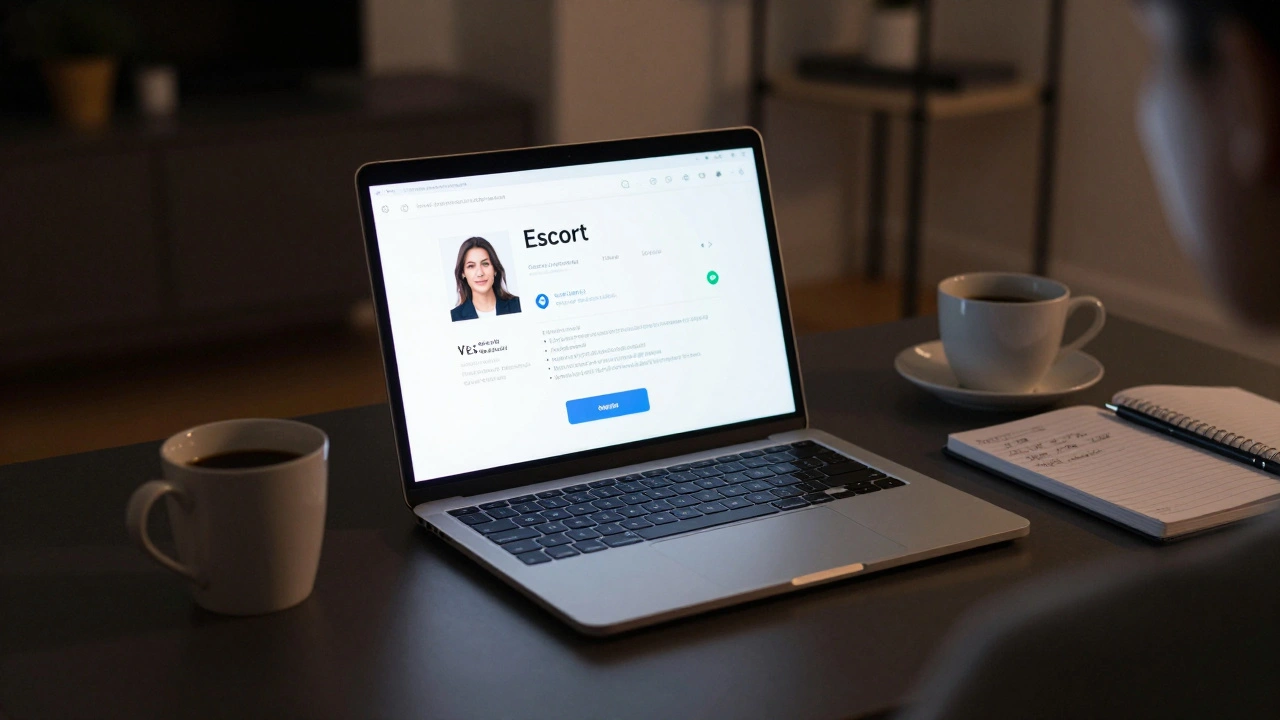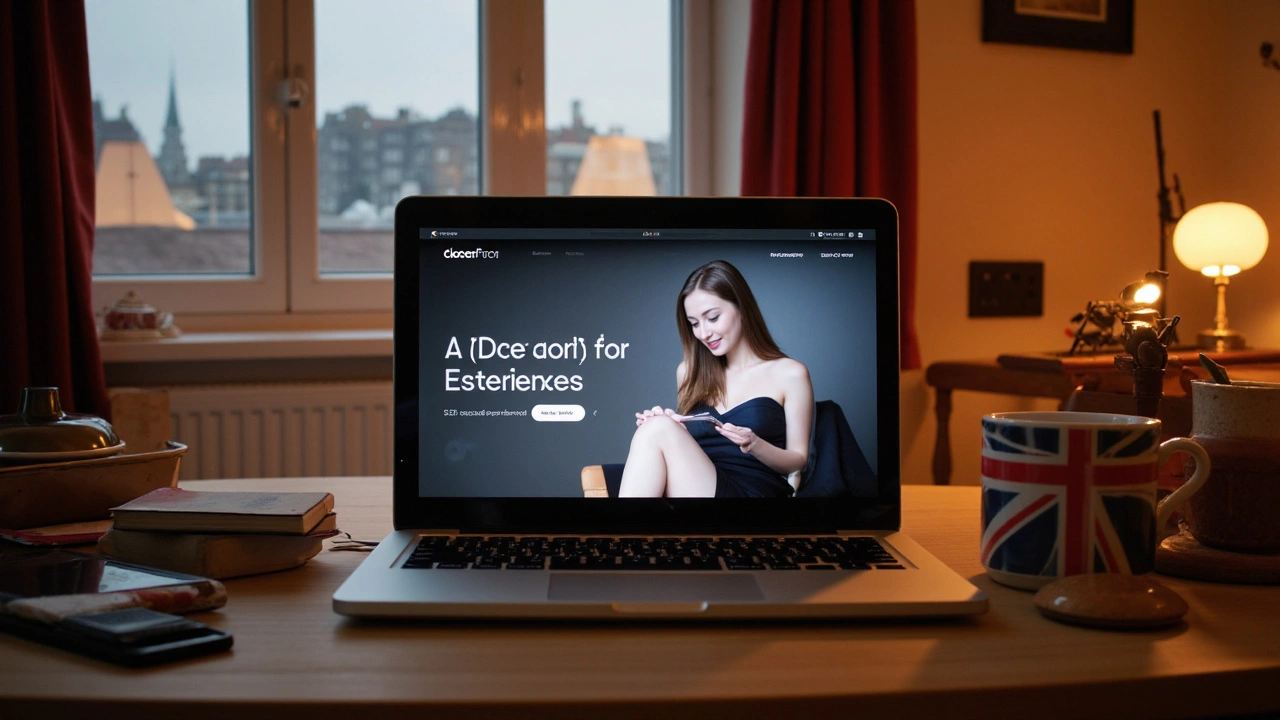Curious about UK escort directories? Whether you're looking for companionship, curious about how the industry works, or just trying to understand what’s out there, this guide cuts through the noise. There’s no sugarcoating-this is a legal gray area with real risks and real people behind the profiles. We’re not here to sell you anything. We’re here to give you the facts, straight up.
What Is a UK Escort Directory Exactly?
An escort directory is an online platform where individuals offering companionship services list their profiles. These aren’t dating apps. They’re not dating sites. They’re classified listings-often with photos, descriptions, rates, and availability. Some are run by agencies; most are independent workers managing their own profiles.
In the UK, offering companionship isn’t illegal. But advertising sexual services, soliciting in public, or operating from a brothel is. That’s why most directories avoid explicit language. You’ll see phrases like "discreet companionship," "evening entertainment," or "hostess services." It’s legal wording, not legal advice.
Why Does It Matter?
People use these directories for different reasons. Some want company after a long week. Others are exploring personal boundaries. A few are looking for emotional connection, not just physical. But behind every profile is a person-often working alone, without safety nets, facing stigma, and navigating complex legal risks.
For users, the stakes are high. Scams are common. Fake profiles. Payment traps. Misrepresentation. And if you’re not careful, you could end up in a situation that’s not just uncomfortable-it could be dangerous or even illegal.
How Does It Work?
- Search by location-London, Manchester, Edinburgh-most directories let you filter by city or postcode.
- Review profiles-look for clear photos, detailed descriptions, and consistent info across platforms.
- Check for verification-some sites mark profiles as "verified" with ID checks or video confirmations.
- Contact through the site’s messaging system-never give out personal details early.
- Agree on terms before meeting-price, duration, location, services offered. Get it in writing if possible.
- Meet in public first-if you’re unsure, suggest a coffee shop before heading elsewhere.

Pros and Cons
| Pros | Cons |
|---|---|
| Discreet access to independent professionals | High risk of scams or fake profiles |
| Clear pricing and availability upfront | Legal ambiguity-services may cross lines |
| Many workers are vetted by third-party sites | Limited recourse if something goes wrong |
| Options for different budgets and preferences | Stigma and social consequences if discovered |
| Can be safer than street-based work | Some listings are run by traffickers or exploiters |
When Is It Most Useful?
It’s most useful when you’re clear about what you want-and you’re willing to do your homework. If you’re looking for a professional who’s reliable, respectful, and upfront about boundaries, a well-researched directory can help.
It’s also useful if you’re new to this and want to avoid street-based encounters, which are far riskier. Many independent workers use directories precisely because they want control over their safety, schedule, and clients.
But if you’re looking for romance, emotional intimacy, or a long-term connection, this isn’t the place. These services are transactional by design. Don’t confuse professionalism with personal attachment.

Common Mistakes to Avoid
- Skipping background checks-Never book someone without reviewing multiple photos, reading reviews (if available), and verifying their profile consistency across platforms. A profile that looks copied from another site? Red flag.
- Paying upfront-Never send money before meeting. Use cash on arrival. If they ask for PayPal, bank transfer, or crypto before the meeting, walk away. That’s how scams start.
- Meeting in private homes too soon-Even if the profile says "private apartment," insist on meeting in a public place first. It’s not about distrust-it’s about safety.
- Assuming all listings are legal-Many directories host illegal content. If a profile mentions sexual acts, oral, anal, or anything explicit, it’s violating UK law. Avoid those listings entirely.
- Ignoring your gut-If something feels off, it is. No amount of good photos or nice words overrides a bad feeling.
FAQ
Are UK escort directories legal?
Using a directory to find companionship isn’t illegal. But advertising sexual services, operating from a brothel, or paying for sex in exchange for money is. Most directories walk a legal tightrope by using vague language. If a profile promises sex for money, it’s not just risky-it’s against the law.
How do I know if an escort is real?
Look for consistency. Real profiles have multiple photos taken in different settings, real-time updates, and detailed descriptions that aren’t copied from other sites. Check if they have social media or other verified platforms linked. If their profile looks like a stock photo collage with no personality, it’s likely fake.
Can I get in trouble for using one?
Not if you’re just browsing. But if you pay for sex, you could be breaking the law. UK police don’t typically arrest clients unless there’s evidence of exploitation, trafficking, or public solicitation. Still, being caught in an illegal transaction can lead to fines, criminal records, or public exposure.
Why do some escorts charge so much?
Prices vary based on location, experience, demand, and services. In London, rates often start at £150-£250/hour. Higher prices usually mean more experience, better screening, or exclusive services. But high cost doesn’t guarantee safety or quality. Always prioritize clear communication over price.
Should I use a directory or an agency?
Independent workers usually have more control over their terms and safety. Agencies take a cut (often 40-60%), which means workers earn less. Agencies also have stricter rules and may force workers into unsafe situations. If you’re choosing between the two, go with independent listings-just verify them carefully.
What should I do if something goes wrong?
If you feel threatened, unsafe, or scammed, leave immediately. Don’t confront. Don’t argue. Get to a safe place. Report the profile to the directory site. If you believe a person is being exploited, contact the UK Human Trafficking Helpline at 0800 0121 700. Your safety and theirs matter more than any transaction.
What’s Next?
If you’re still considering this path, start by reading real stories from independent workers. Not the ads-the blogs, forums, and interviews where they speak honestly. Understand the risks before you act. And if you’re unsure? Don’t go. There are other ways to find connection, comfort, and companionship that don’t come with hidden dangers.







Sandie Corr on 4 November 2025, AT 18:59 PM
I just read this whole thing and honestly? 🤯 Like, I didn’t know people actually did this legally. The part about meeting in public first? That’s genius. I’d be terrified otherwise. Also why do all the profiles look like they’re from a 2005 MySpace page?